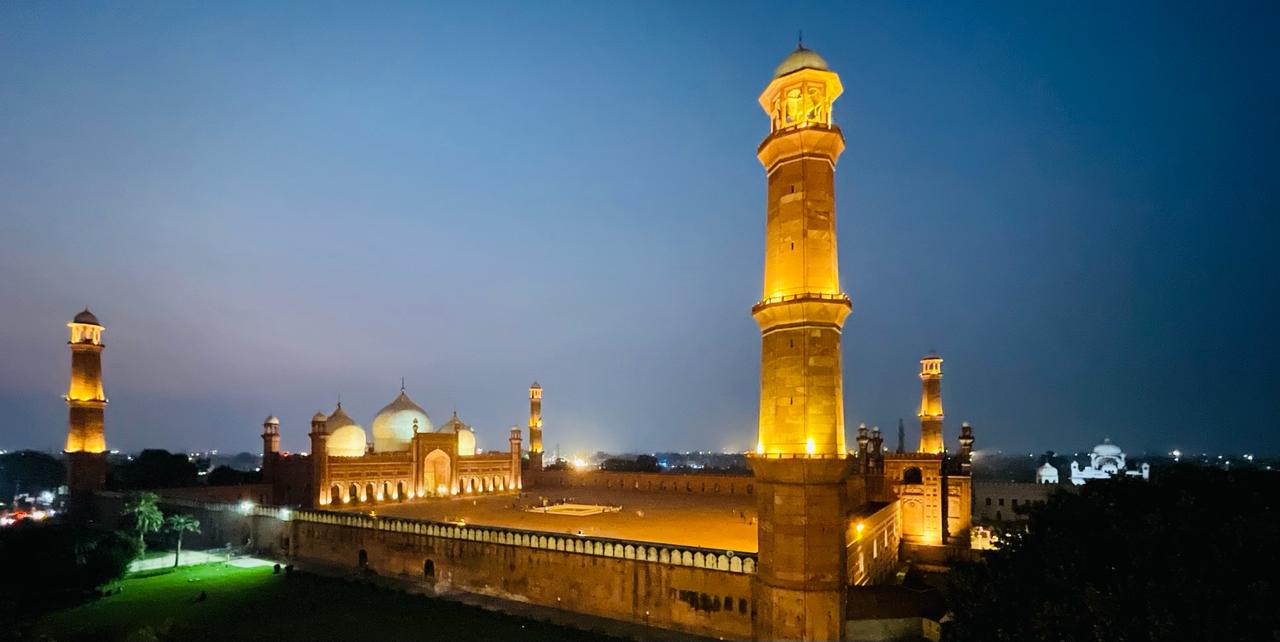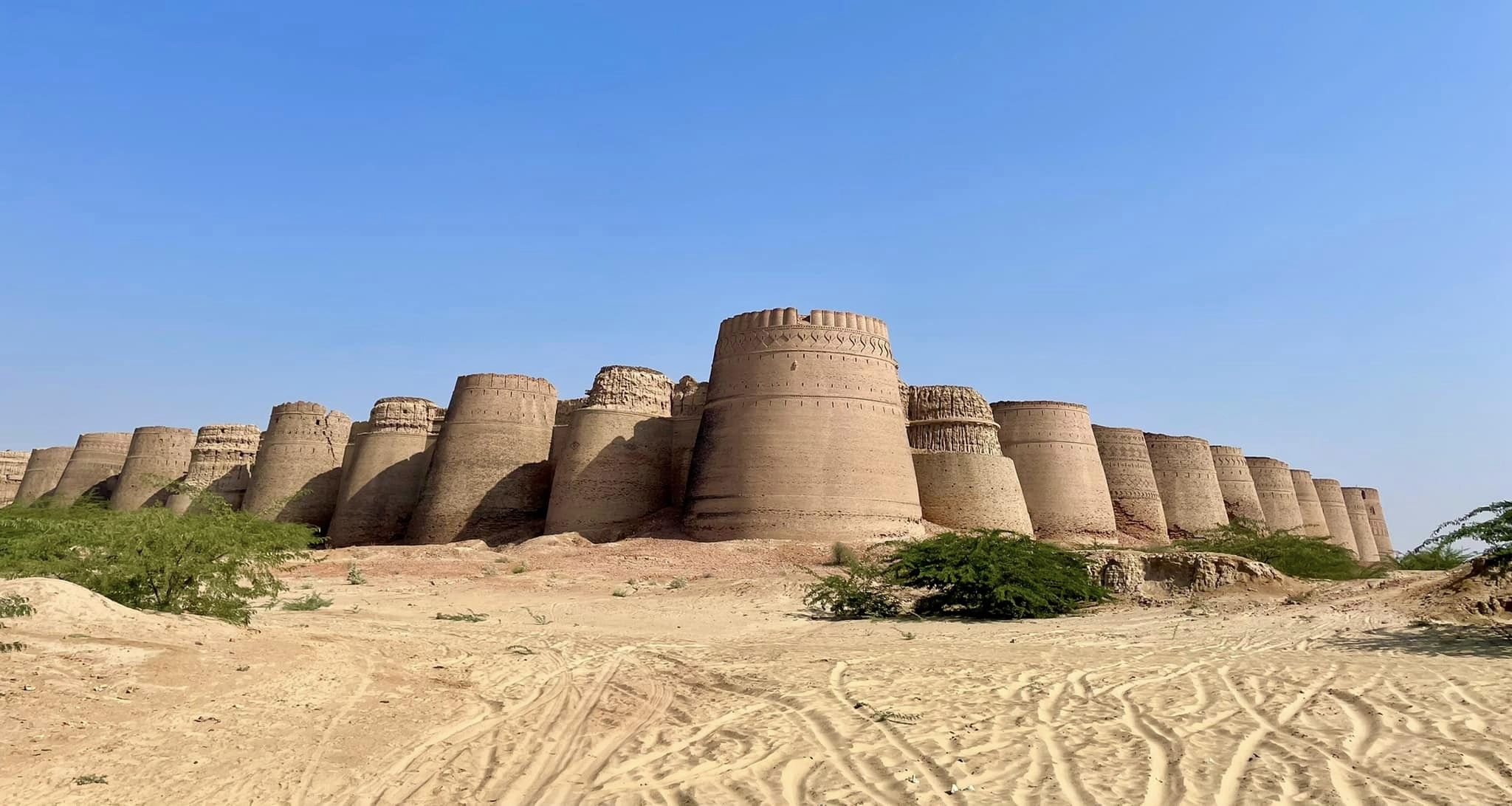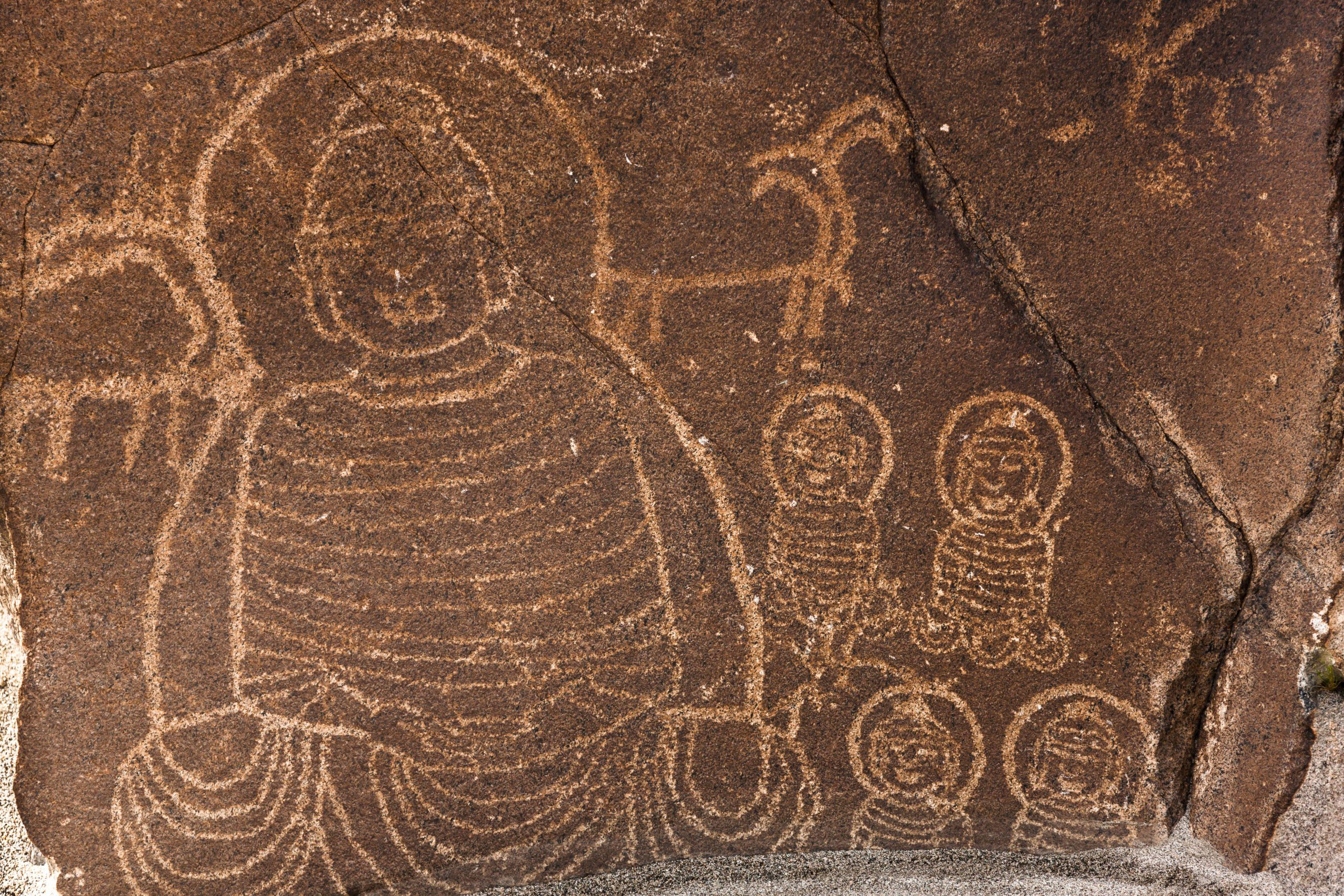
Mughal & Gandhara Tour
LAHORE – the city of Mughals and the heart of Pakistan’s culture lies in the 2000 years old .it is the city of gardens and flowers, city of music, arts and festivals, and of course city of Mughal architecture.
Buddhist pilgrimage tour is one of the important tour, it not only contain the history of Buddhism but also share the prosperity of Buddhism in Pakistan in ancient times. Pakistan was once a region containing different religious territories. In those religious territories one region was a large Buddhist region, in which a great population lived and practiced Buddhism.
Today the regions are North Western Pakistan and Eastern Afghanistan which were once the Buddhist regions. Swat Valley, is well known for Buddhist antiquities, the Swat Valley was once known as Oddiyana in the medieval time, this region was important for the development of Vajrayana Buddhism. In Sanskrit Oddiyana means the “royal garden”. Many archaeological sites concerning Buddhism are located in Swat. The Buddhist sage Padmasambhava is said to have been born in a villiage near the present-day town of Chakdara in lower Dir district, which was a part of Oddiyana.
The Kingdom of Gandhara was prosperous during Kushan’s reign from 1st century AD to 5th, in Kushan’s reign the making of Buddhist artifact started. Gandhara is also mentioned in the Sanskrit with its meaning being “land of fragrance”, which indicates the inclusion of Gandhara in Vedic literature.
However, Gandhara was one of the biggest Buddhist region in the subcontinent. The Buddhist culture survived here till 800 AD, after that the Pashtun invaded the region from Southern Afghanistan and infused Islamic culture in this region.
Arrival at Islamabad international airport. There the NPA representative will greet and transfer to the hotel, a moment to rest at the hotel. After rest we will leave to visit Islamabad city, which is known to be the second prettiest Capital in the world; we will visit Faisal Mosque, Lok Versa Museum, and Pakistan Museum. Overnight stay at hotel.
In morning, we will drive to Taxila. Taxila was an Ancient Buddhist site in the Gandhara kingdom, where a number of monasteries and stupas are found. In Taxila we will visit Taxila museum; which holds the Buddhist Artifacts in which the story of Buddha is vividly craved and the collection of Gandharan art. Secondly, we will visit Darmarajika Stupa, also referred as the Great Stupa of Taxila. It was built in 2nd century CE by Kushans, which in 1980 was inscribed as a UNESCO world Heritage Site. Then we will visit the monastery of Julian and Mohra Muradu which were also built by the Kushans, at a peaceful and high beautiful location. At the evening we will leave for Peshawar. Overnight stay at Peshawar. (Approximately 3 to 4 hrs drive).
In the Morning we will visit Peshawar Museum which was built in the memory of Queen Victoria in 1907, has the collection of Buddhist artifacts, Mughal and Persian Islamic Art, and the British rule collection. We will continue and move towards Mohabbat Khan Mosque, which was built in 1630 and was named after the Mughal Governor of Peshawar, Nawab Mahabat Khan. Near Mohabbat Khan Mosque, Qissa Khwani Bazaar (Story-tellers market) in Ancient time it used to be a story tellers Bazaar where people would drink Qehwa (green tea) and tell stories. We will get back for overnight stay at hotel.
Morning drive towards Swat en-route we will visit Takht-i-Bahi a famous Buddhist monastery located in the region of Mardan. It is an Indo-Parthian archaeological site, the meaning of Takht-i-Bahi stands for “throne of the water spring”. This monastery was found in 1st century CE and was recognized by UNESCO World Heritage Site in 1980. After that we will make a stop at Shingardar Stupa, which is located 3km northeast of Brikot village. A huge Buddhist Stupa, well preserved was built by Uttarasena, the ancient king of Swat Valley. Overnight stay at Swat in hotel. (Approximately 5 to 6 hrs drive).
After Breakfast, we will drive to visit Jehanabad Buddha; a huge craved image of Buddha in Dhyana mudra pose is an impressive Gandharan art. It will take a 30 minute walk to reach the Jehanabad Buddha due to hilly terrain. We will visit the Swat Museum, which holds a number of Buddhist artifacts, which were made in the Kushan and Mauryan period. After visiting the museum we will move towards Butkarah Stupa, which was built by the Mauryan Emperor Ashoka dated back to 2nd century BCE. After visiting Butkarah Stupa our last visit will be of Saidu Sharif Stupa; it is a sacred Buddhist area located near the city of Saidu Sharif. It is a square based stupa around it we found small votive stupas, probably consecrated around 1st to 5th century CE. After our excursion of Swat we will head back to Mingora for dinner. Overnight stay at hotel. (Approximately 1 to 2 hrs drive).
After breakfast we will leave for Islamabad. On arrival and a short rest, we will head towards our gun shooting activity at Islamabad. Later we will go for our farewell dinner at Monal restaurant located at the top of Margalla hills. Overnight stay at hotel. (Approximately 4 to 5 hrs drive).
Morning drive to Islamabad International Airport for the international flight.

LAHORE – the city of Mughals and the heart of Pakistan’s culture lies in the 2000 years old .it is the city of gardens and flowers, city of music, arts and festivals, and of course city of Mughal architecture.

We take a tour of the 5000 year old Indus valley civilization and marvel at the magnificence of architecture that covers the most historical and culturally rich areas of Pakistan’s ancient history.

The ancient Buddhist Rock Carvings of 2nd to 4th century A.D. at Shatial and Chilas before arriving in Gilgit, an important historic town of the Silk Route. Another breathtaking sight is the famous Ganesh rock and Sacred rock.
Nanga Parbat Adventure tourism company is founded in 1999 and registered with Ministry of Tourism, Govt. of Pakistan.